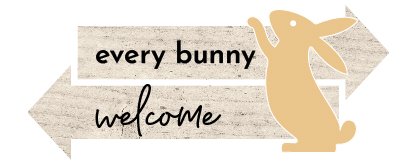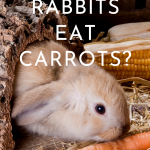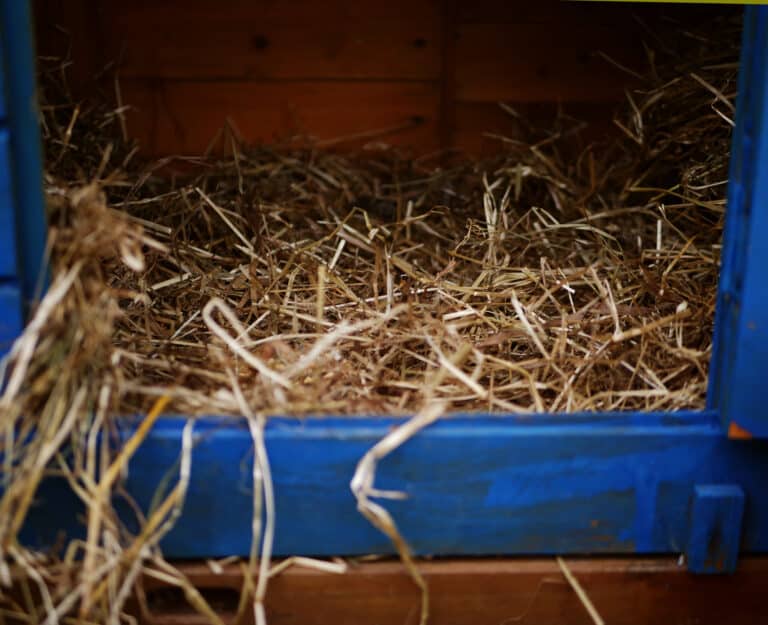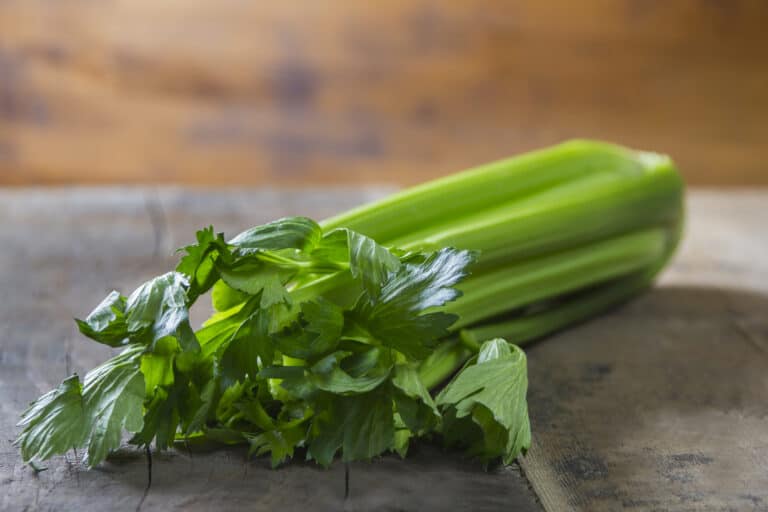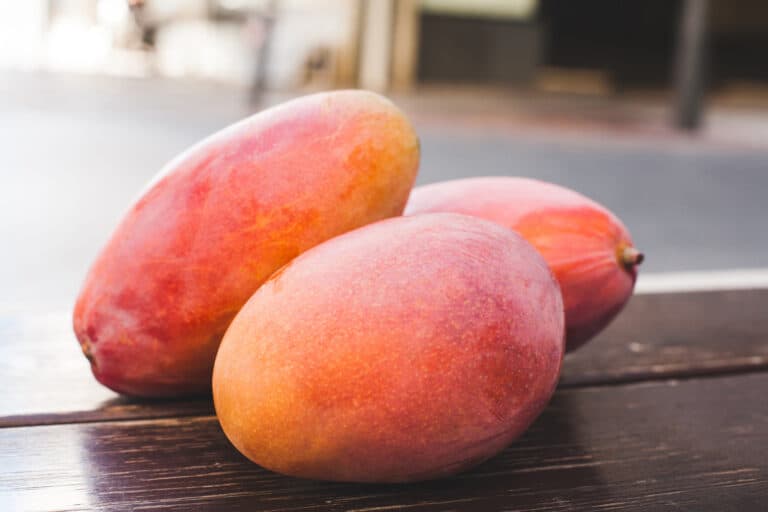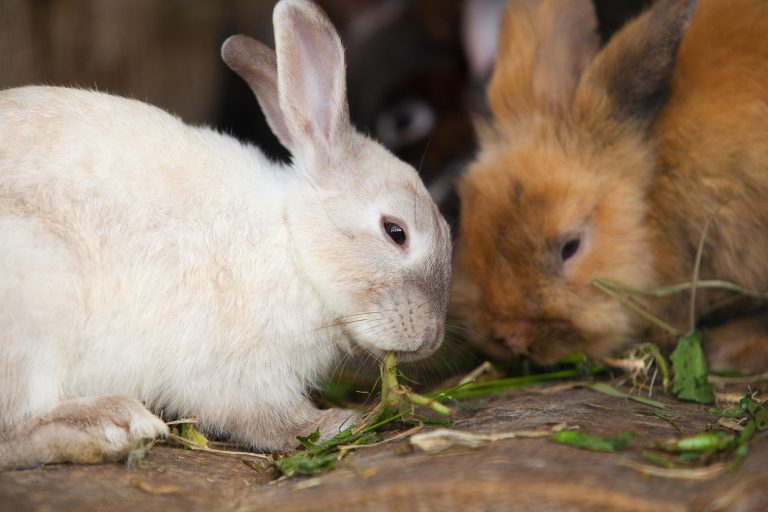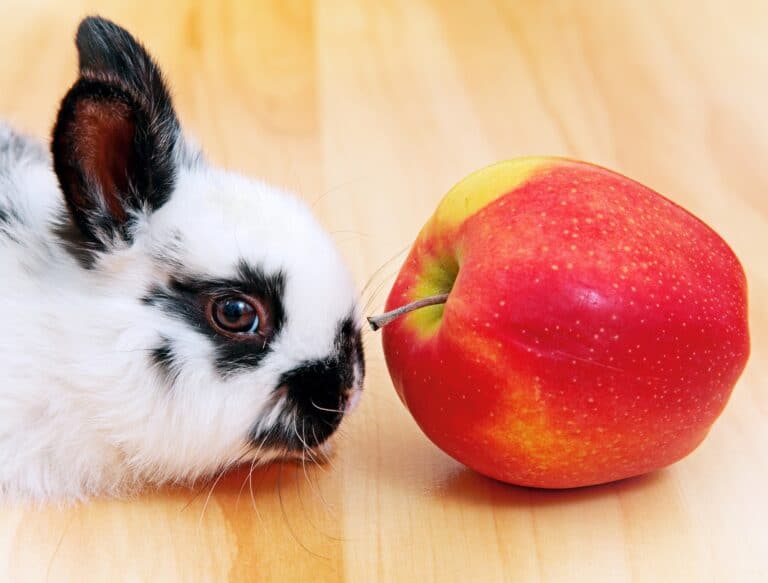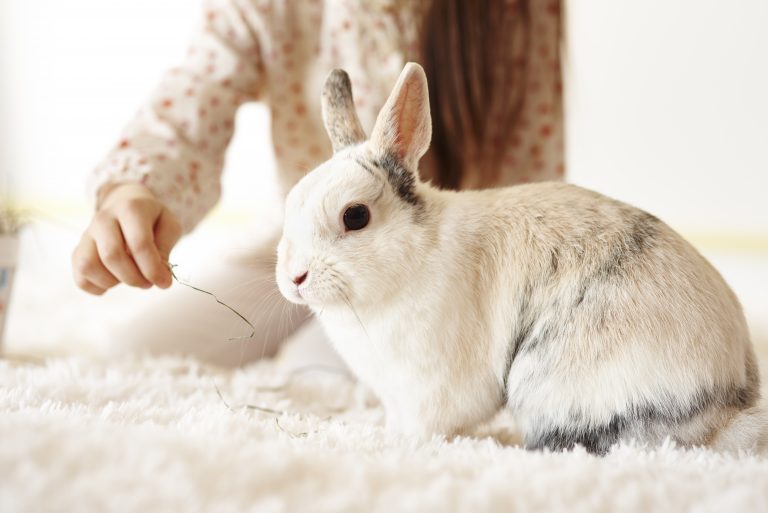Can Rabbits Eat Carrots?
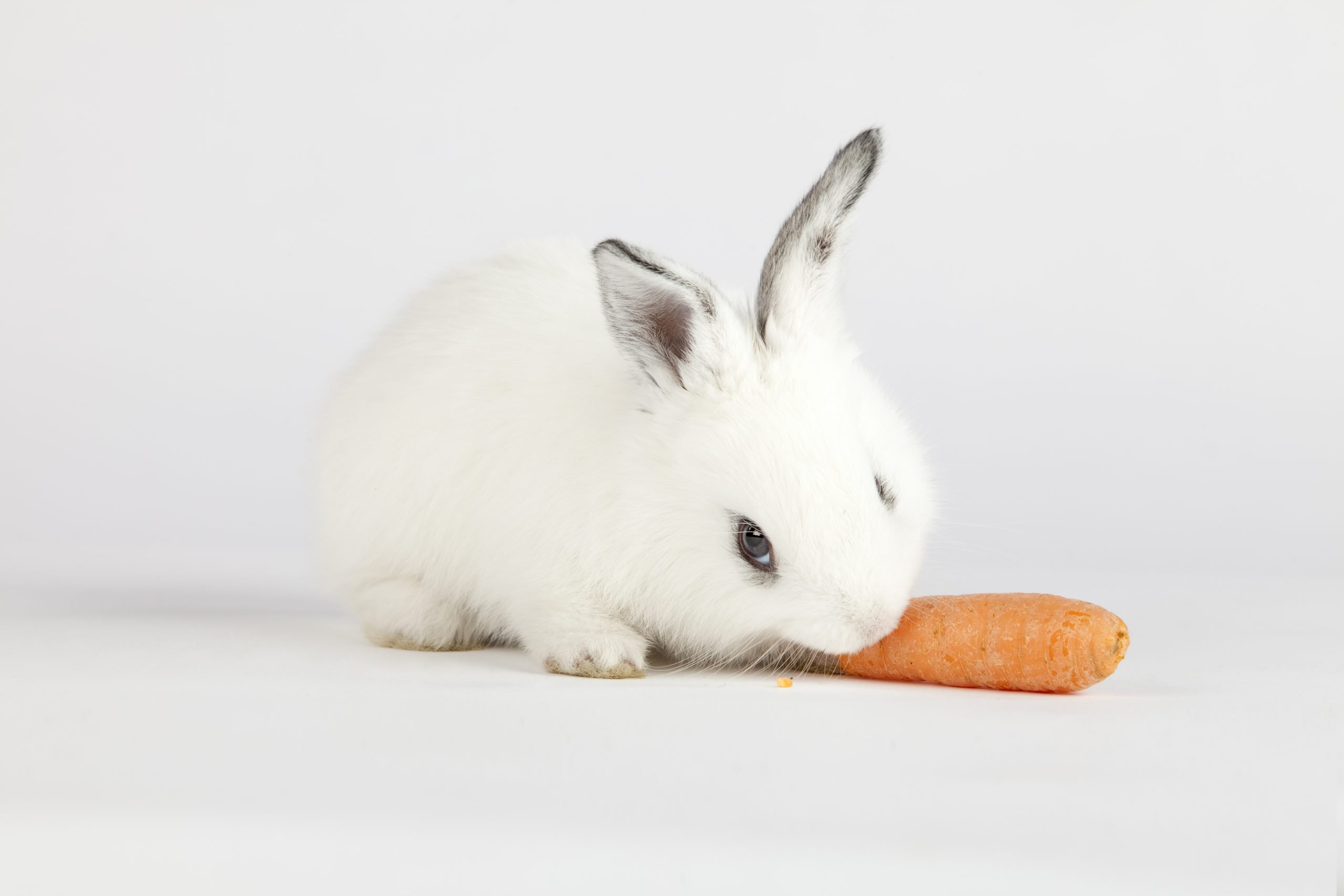
Thanks to that iconic cartoon character, most people who have little experience with bunnies think that rabbits and carrots go together. Many even believe that buns can live on this crunchy root crop alone. Is this a proven fact, or is it a myth? Let’s find out if your rabbit can eat carrots.
Are carrots good for rabbits?
We’re sure you want to feed your pet healthy foods. In terms of nutritional content, carrots pack a wallop.
Here’s a quick rundown of the nutrients this yummy veggie contains:
- Loads of vitamin A that’s good for the eyes
- Rich in dietary fiber that boosts digestive health
- High in vitamin B6 that helps in the production of antibodies
- Significant amounts of vitamin K that helps create red blood cells and is essential in blood clotting
- A proportion of various vitamins and minerals rabbits need for proper development and good health
- Sugar for energy
Do rabbits like them?
Oh, they certainly do. Try feeding your bun a carrot and watch his reaction. Carrots are sweet and tasty, and because most rabbits love sweets, they won’t turn away from this yummy veggie.
Aside from the sweet taste, rabbits also enjoy this root crop’s tough texture. After all, buns love to chew, which makes carrots a perfect treat for them.
Unfortunately, the high sugar content of carrots is what makes them unhealthy for rabbits. Sugar can affect the microbial balance in your rabbit’s gut. Moreover, when sugar ferments, it produces gas which can cause gastrointestinal stasis, a potentially fatal condition in rabbits.
Feeding your bun too much of this veggie can also lead to obesity and dental problems. You can give it as an occasional treat, but carrots shouldn’t be your pet’s primary source of nutrition.
How to feed carrots to your rabbit
- Carrot tops are less starchy than the roots. This means they contain less sugar, making them better alternatives to the crunchy root crop. Wash and trim the carrot greens before giving them to your pet.
- Carrot roots have a high sugar content. To better control the portions you serve your bun, you can peel the veggie into thin strips. One long peel can serve as their daily treat.
- You can also slice the carrot and offer your bun a slice around ¼” thick every other day.
- Offer only fresh carrots and rinse well before serving.
How many carrots can you feed your bunny?
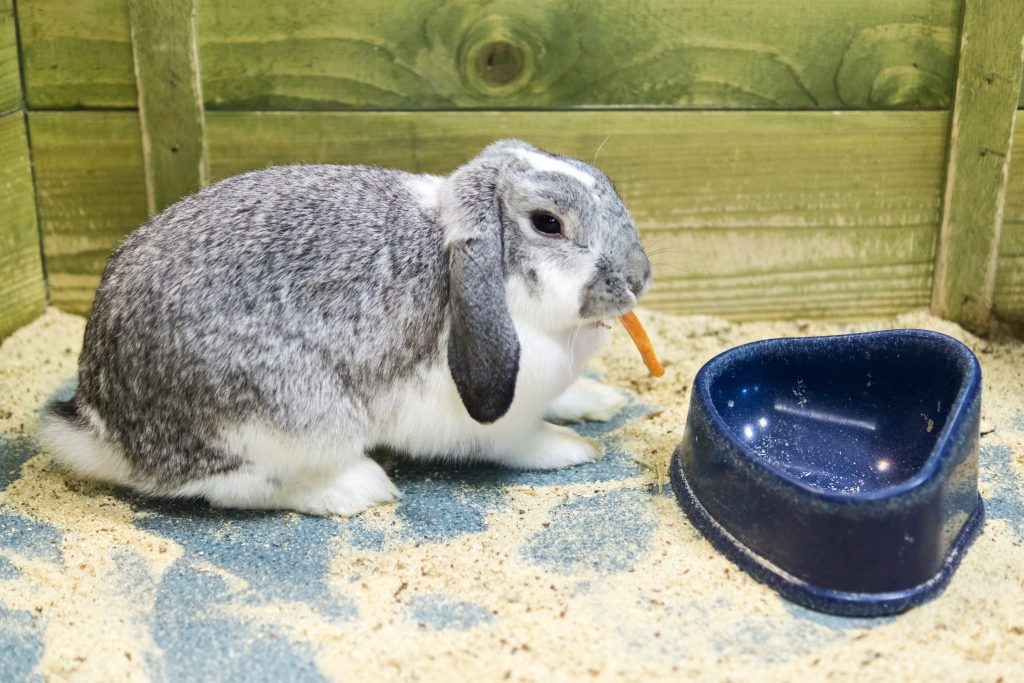
Your bun will likely eat as much as you offer. But knowing that too much carrot isn’t good for him, you should limit his portions.
As a general rule, a quarter of a medium-sized carrot every other day should be enough for small rabbits, while larger buns can have a bit more. Remember not to leave a whole carrot lying around as your pet will surely gobble up the entire thing.
Because of the veggie’s high sugar content, don’t give carrots as a treat on the same day that you offer other sweet treats like apples or bananas.
Can baby rabbits eat carrots?
A baby rabbit’s digestive system isn’t fully developed, making them very sensitive to food changes. As such, you should go slow when you introduce a new food into their diet. At any rate, rabbits at 0-3 months of age shouldn’t get any veggies yet. Instead, they will be eating alfalfa hay and pellets.
When he’s more than three months old, you can start offering your pet one type of veggie at a time in small quantities. If your bunny develops digestive issues, such as vomiting or loose stool after eating carrots, stop offering the veggie and consult a rabbit-savvy vet.
Even if your bun tolerates carrots pretty well, he should get it only as an occasional treat and not as a regular part of his meal.
Do rabbits in the wild eat carrots?
To survive, rabbits in the wild will eat anything from grass, twigs, hay, and plant leaves. So, yes, they’ll feed on carrots if they gain access to a patch of this veggie. After all, carrots are sweet and crunchy, and they’re rich in nutrients as well.
But wild rabbits won’t naturally seek carrots but will gravitate towards fibrous plant material, which is excellent for their teeth and digestive system. They’re likely to ignore carrots if green, leafy vegetation is available in the area.
The type of carrots to feed your rabbit
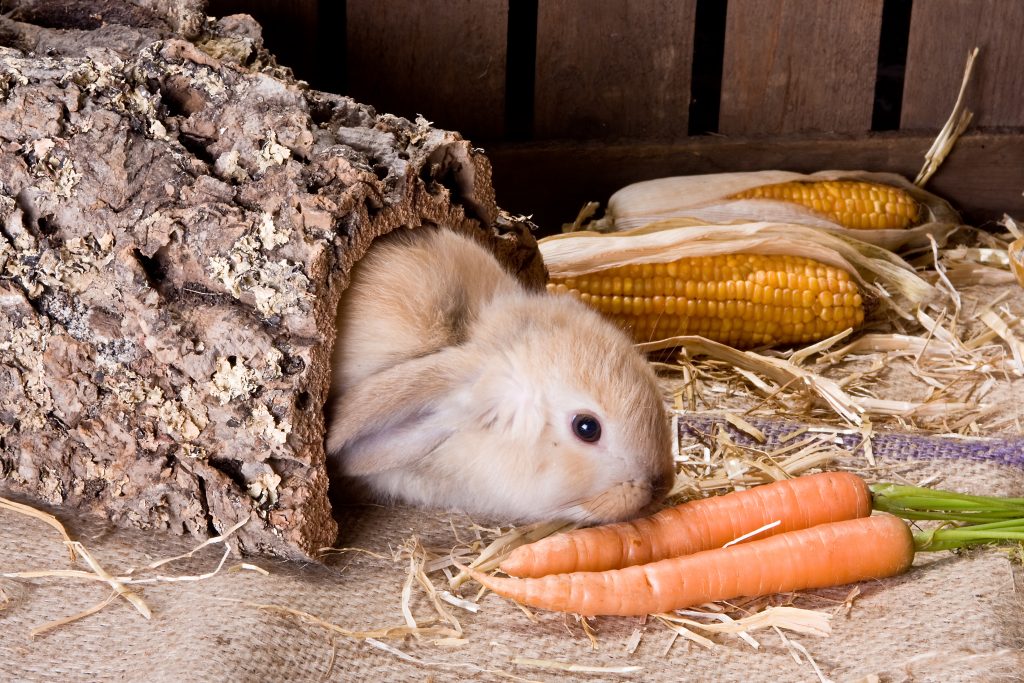
Although carrots come in a variety of sizes and colors, they contain almost the same nutritional values. That means you can give your bun any type of carrot. But if you want to provide top-quality nutrition for your pet, feed them the organic variety, preferably with the tops still attached. In fact, the green carrot tops make better treats because they’re high in fiber but aren’t as sugar-dense as the roots.
Great alternatives to carrots
Luckily, other fruits and veggies also contain as much as or more than the nutrients carrots provide to your pet. You can choose among various alternatives to make sure that your bun remains at the peak of health.
Veggies you can give your rabbit:
- Herbs such as basil, mint, cilantro, and dill
- Arugula
- Raspberry leaves
- Endive
- All types of kale
- Escarole
- Lettuce (red or green, Romaine and Frisee)
- Wheatgrass
- Watercress
- Mache
- Radicchio
- Borage leaves
- Cucumber leaves
- Bell peppers (sweet red or sweet green)
- Zucchini
- Beet tops
- Chicory
- Turnip greens
- Spring greens
- Snow peas
Foods you shouldn’t give your rabbit
Because of their sensitive digestive tracts, some foods may not agree with your rabbit. Here are some you should refrain from giving your bun:
- Nuts: These are high in fat and may give your bun indigestion.
- Chard: It may cause colic or bloat.
- Grass cuttings: They may ferment in your bun’s gut and cause serious complications
- Lettuce: Some types, such as iceberg lettuce, contain lactucarium, a chemical that has a sedating effect on rabbits. Large amounts of lactucarium can be dangerous to your pet.
- Rhubarb: This common garden plant can be poisonous if eaten raw.
- Bread and crackers: The high carbohydrate content of these foods can upset your bun’s tummy and can even cause enterotoxaemia (an overgrowth of harmful bacteria in the gut).
A healthy rabbit is a happy rabbit. And when your rabbit is healthy, it means you’ve done a bang-up job in taking care of him.
We hope you enjoyed this post! If you did, will you give it a share or two 🙂 Thank you! ~from Every Bunny Welcome
